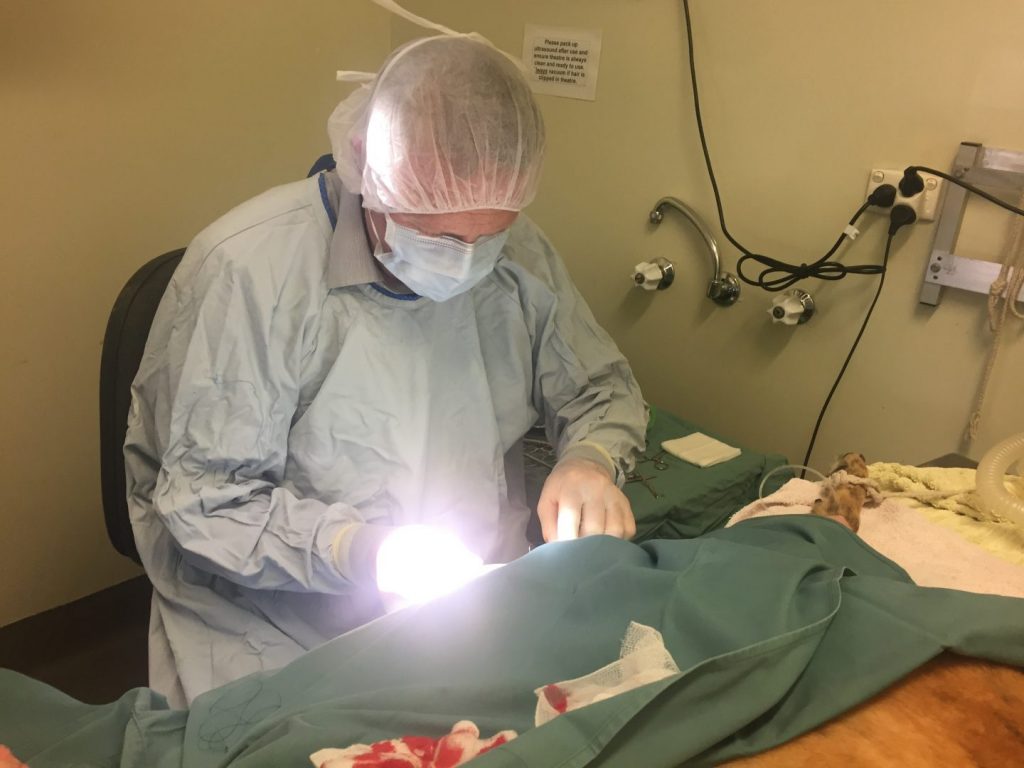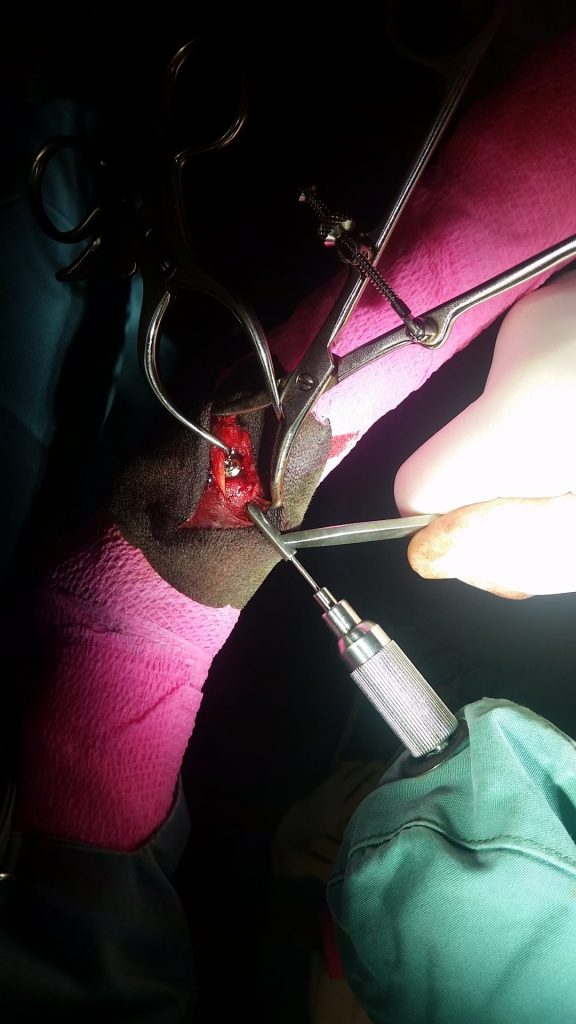-
 Vaccination and wellness services
Vaccination and wellness services
-
 General & Orthopedic Surgery & Dentistry
General & Orthopedic Surgery & Dentistry
-
 X-Rays & Ultrasounds
X-Rays & Ultrasounds
-
 General Pathology
General Pathology
-
 Flea & Worm
Flea & Worm
-
 Urgent Care
Urgent Care

Desexing/neutering is a surgical procedure to prevent unwanted breeding and to reduce the risk of certain diseases. Our clinic recommends routine desexing for all pets which are not a part of a planned breeding program. Desexing can be performed at 3-7 months of age, this is commonly a day procedure with your pets going home that evening.

DESEXING:
Desexing your pet at a young age greatly reduces the risk of reproductive cancers, such as mammary tumours in females, reduces the risk of pyometra (a life threatening infection of the uterus), no unwanted pregnancies and, in males, prostate disease. As a side benefit, desexing usually results in a reduction in council registration fees.
What to do before and after desexing surgery:
Before:
– If your pet is a dog it is advisable to wash them prior to surgery as they cannot be bathed for 2 weeks following the operation.
– All patients need to be fasted from midnight the night before their procedure
– A pre anaesthetic blood panel can be run to assess organ function prior to the surgery
After:
– Please keep your pet inside and quiet following surgery and anaesthesia
– Please keep your pet confined to a small area and minimise jumping whilst their wounds heal
– Check the surgical site twice daily for any signs of redness, swelling or discharge.
– All patients are given pain relief for desexing procedures
If you have any questions regarding desexing or wish to book your pet in please do not hesitate to contact us.
ORTHOPAEDICS :
Orthopaedics is surgery of the bone. Our practice is fortunate enough to have the experience and equipment needed to assist your pets with a number of orthopaedic problems, including surgery for cranial cruciate ligament (or ACL) rupture, luxating patella surgery, fracture repair, joint surgery, corrective surgeries and amputation.

SOFT TISSUE:
Soft tissue surgery encompasses a large variety of surgical procedures, basically all of those which don’t involve the bones! Our practice’s dedicated surgical suite and veterinarians skill allows us to perform the majority of surgeries that your pet may require. Common soft tissue surgeries include; lump removal, exploratory laparotomy, caesareans, grass seed retrieval, laceration/wound stitch-up, removal of intestinal foreign bodies, desexing among many others. Our vets can also perform many ophthalmic surgeries including entropion surgery to reduce corneal damage from inward facing eyelashes, eyelid tumour removal, cherry eye repair.
Your vet will discuss the need for surgery with you, and plan the best course of action for your pet.
A veterinary dentist is a specialized veterinarian who focuses on the dental health of animals. Just like human dentists, veterinary dentists are trained to diagnose, treat, and prevent dental issues in animals.
At Keysborough Veterinary Practice, our expert dog dentist provides comprehensive dog dental care to ensure your pet’s oral health. Schedule an appointment today to keep your dog's teeth clean and strong!









